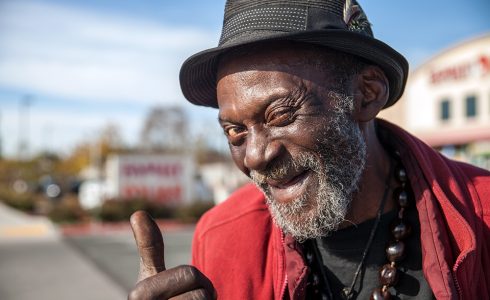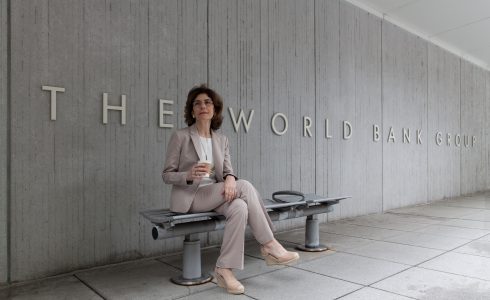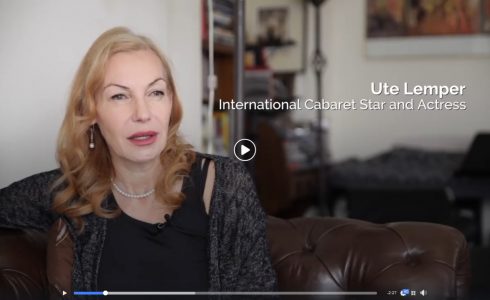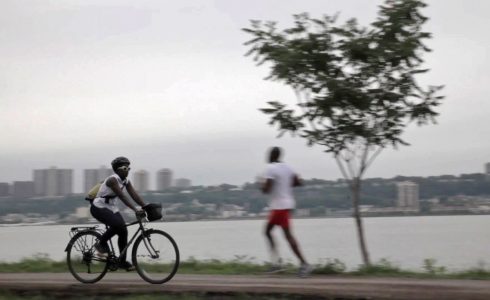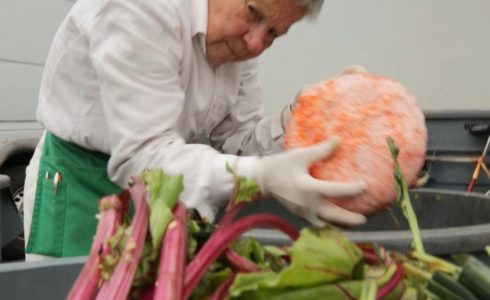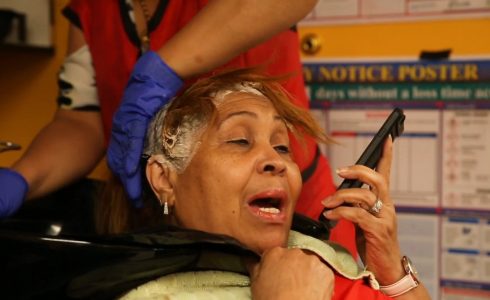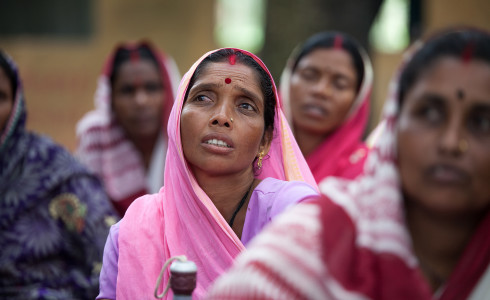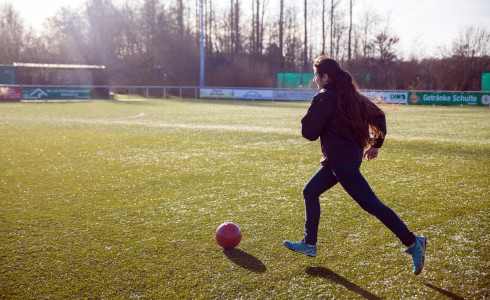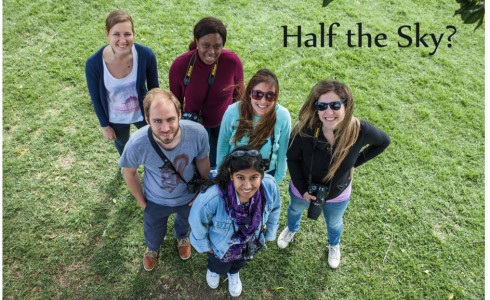Multimedia feature for the NGO Welthungerhilfe, published with the Global Hunger Index on October 11, 2016 >> or >> Ideally watch it on a large screen, Pageflow is very limited on mobile phones!
India has 84 dollar billionaires, but they don’t contribute much to reduce the country’s life-threatening poverty. India also has laws which guarantee the poorest the right to be alive, but they are not well implemented in the villages. However, in remote Jharkhand, 1,000 women stand up against this injustice. They search for 1 kg of rice per person that did not reach them. But they have more on their mind than just grains – they demand respect.
